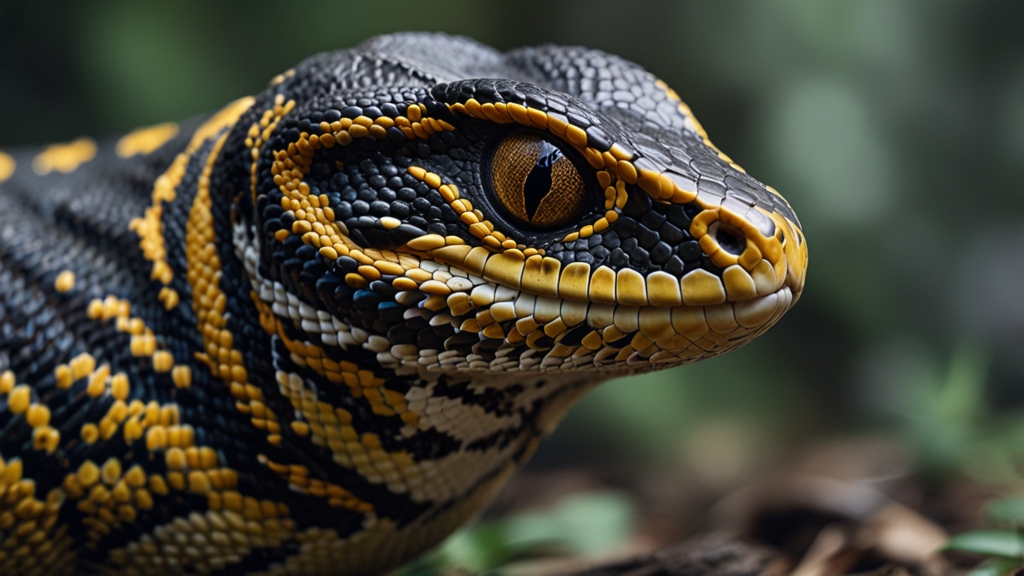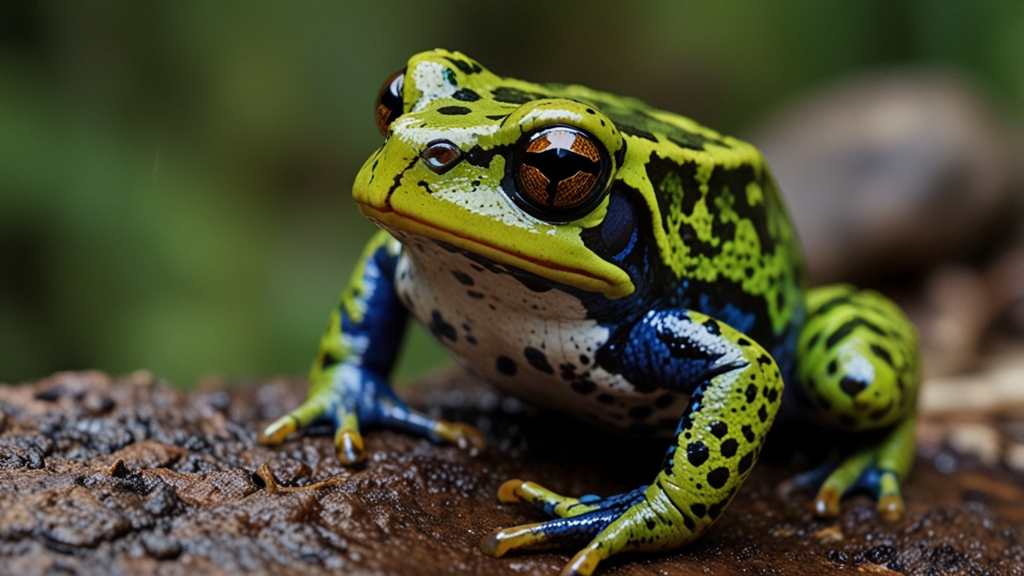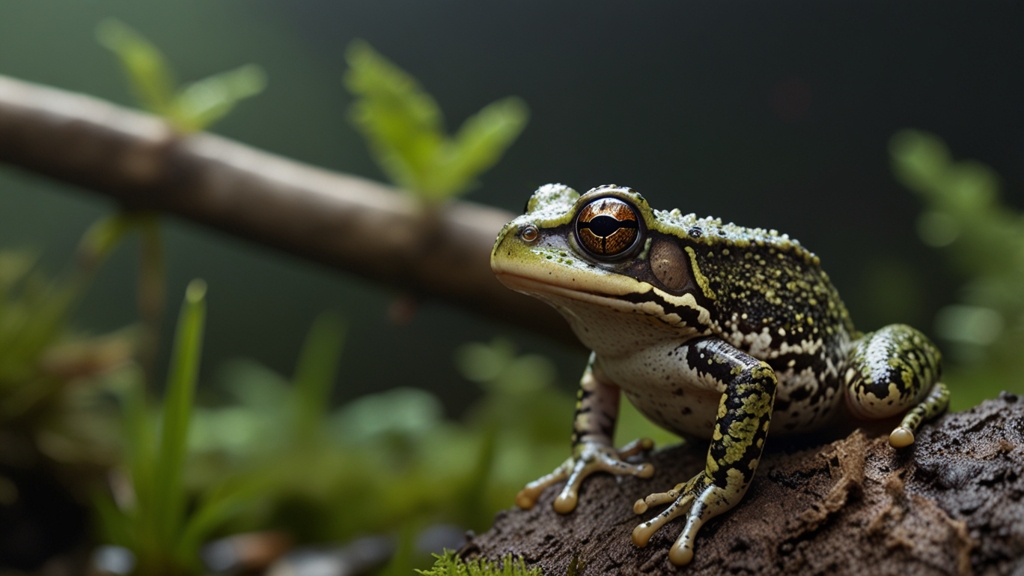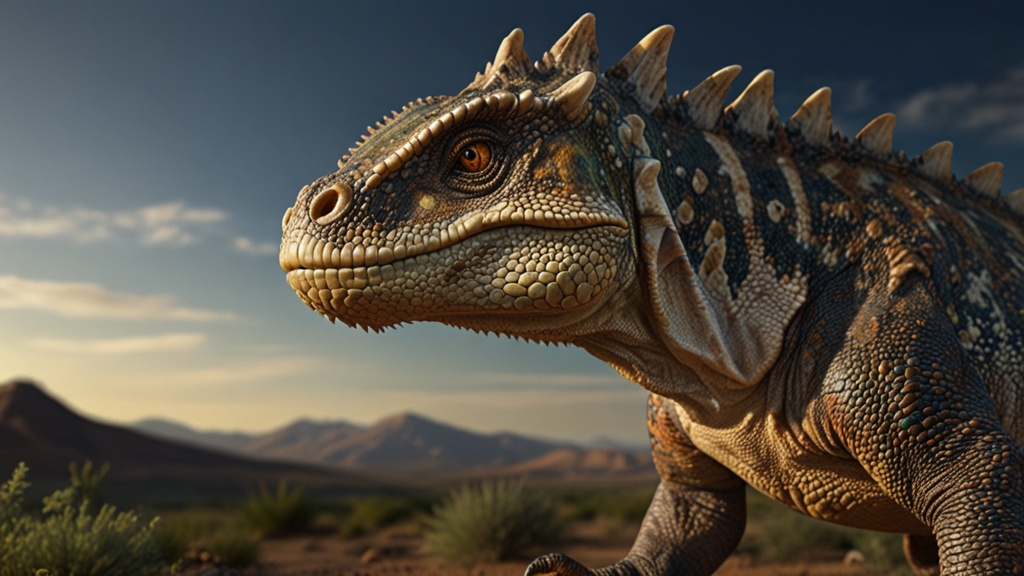Introduction
Superstitions are a fascinating part of human culture, transcending borders and linking us across continents. Whether they're deeply ingrained in folklore or recent additions to cultural customs, these beliefs often reflect our broader relationship with the natural world. Pets, for their close association with humans, are frequent subjects of such superstitions. Here's a captivating look at pet superstitions from around the globe.
Black Cats in Western Cultures
Perhaps one of the most widespread and enduring pet superstitions is the belief surrounding black cats in Western cultures. For centuries, black cats have been considered omens of bad luck or associates of witches. This superstition reached its peak during the Middle Ages when the fear of witches was rampant.
"The black cat symbolized secrecy, deception, and witchery. Some even believed that witches could transform into black cats nine times, thus leading to the myth of cats having nine lives." — Folklore Historian
Interestingly, not all cultures view black cats with suspicion. In some parts of the United Kingdom and Japan, encountering a black cat is considered good luck, believed to usher in happiness and prosperity.
Dogs and the Spirit World in East Asian Cultures
In certain East Asian cultures, dogs are seen as protectors and companions that safeguard humans against evil spirits. For instance, in traditional Chinese belief, dogs are joy-bringers and associated with good fortune. The Chinese New Year sees households displaying images of dogs to attract happiness and prosperity.
Similarly, in Japanese mythology, the legendary Shinto god Inugami, often depicted as a dog, is thought to bestow protection and heal illnesses. Families would sometimes commission charms in the shape of dogs to ward off evil spirits and bring good health.
The Mysterious Owls of Native American Traditions
Owls occupy a unique place in Native American lore, often associated with mysticism and the unknown. While some tribes consider owls as harbingers of death, others revere them as sacred spirits offering wisdom and guidance.
"Owls are believed to be the souls of deceased ancestors, providing protection and guidance to the living. Their hooting is sometimes interpreted as a form of communication or a warning." — Cultural Anthropologist
Such beliefs illustrate the complex relationship humans have with their environment, blending reverence with caution and awe.
Fowl Superstitions in African Traditions
In various African cultures, chickens and other fowl are subjects of numerous superstitions. Among some communities, chickens are thought to have prophetic abilities. For example, certain rituals involve observing the behavior of a chicken to predict the outcome of future events.
Some African tribes also believe that the crowing of a rooster at an unusual time portends an impending disaster or death, making these birds essential actors in the spiritual life of the community.
The Liminal Animals of Celtic Lore
The ancient Celts had rich mythology involving pets and animals, often attributing supernatural abilities to them. Cats, specifically, were seen as guardians of the Otherworld, capable of acting as messengers between worlds. They were believed to protect sacred sites and were often present in rituals.
Horses, another prominent figure in Celtic traditions, are seen as divine creatures symbolizing sovereignty and power. They were associated with various deities and believed to possess an otherworldly wisdom guiding their human counterparts.
Conclusion
Whether viewed as bearers of bad news or symbols of prosperity, pets occupy an interesting space in global folklore. These superstitions reveal much about how different cultures interpret the actions and behaviors of animals close to them. While some of these beliefs may seem quaint or outdated today, they offer a compelling glimpse into the varied and rich tapestry of human-animal relations throughout history.
"Superstitions regarding pets not only entertain but also connect us to the past, reminding us of the shared stories and beliefs that bind different cultures together." — Folklore Enthusiast
So next time you cross paths with a black cat or hear an owl hoot at night, remember that these moments are steeped in centuries of rich tradition and mystique, adding another layer to our ongoing relationship with the animal kingdom.













